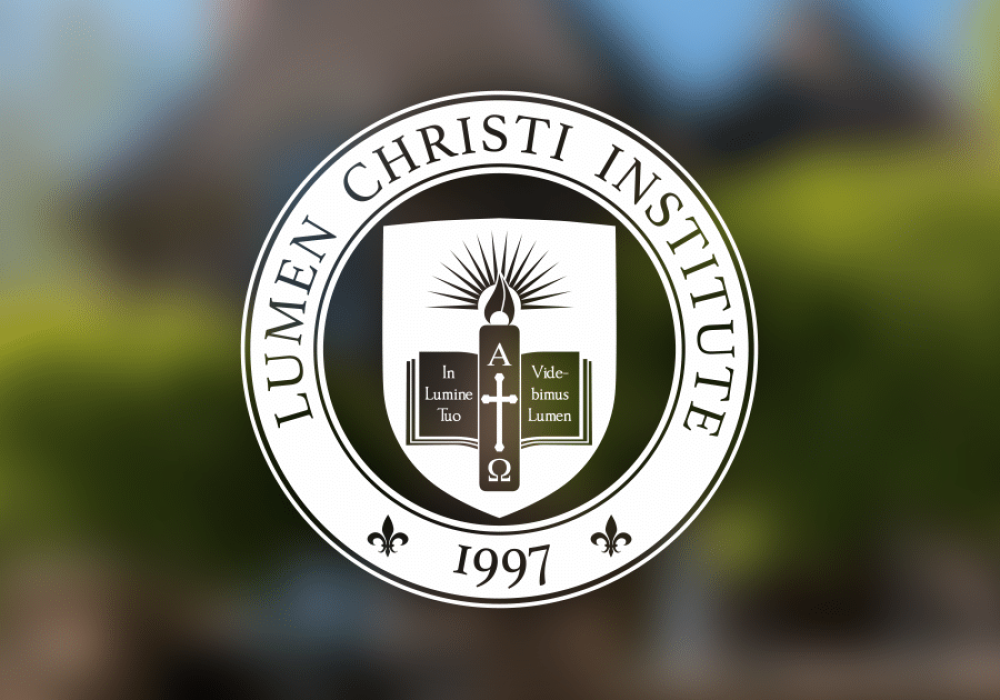Presented by the Committee on Social Thought and the Department of Philosophy.
Co-sponsored by the Lumen Christi Institute.
In his most recent book, A Case for Irony, Jonathan Lear argues that becoming a human being is a difficult task, and that developing a capacity for irony is essential to doing it well. He claims that ironic experience is a form of truthfulness that is constitutive of human flourishing, such that a capacity for irony is a kind of virtue or human excellence. Alasdair MacIntyre will join Lear in a conversation about his book.

